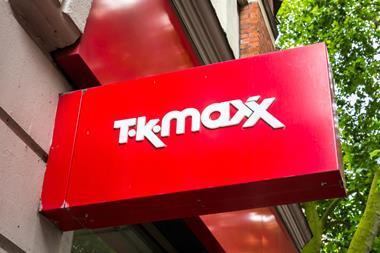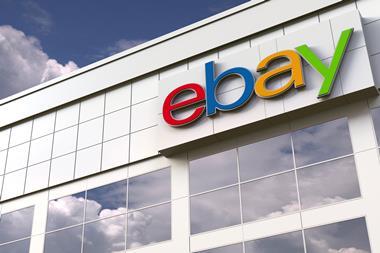As consumers continue to savour online shopping, Octopia’s Nikki Lovell examines six actions retailers can take today to stay one step ahead when it comes to ecommerce
With digital transformation on the rise, retailers are becoming even more digitally equipped, with many accelerating their investments and updating their offerings to meet consumer demands.
Ecommerce now accounts for a quarter of total retail sales in the UK, showing an increase of 6% between February 2020 and 2024, according to the Office for National Statistics.
Here are six ways to stay on top of the game in today’s retail ecosystem.
1. Embrace a winning marketplace model
In 2022, global online marketplaces generated approximately $4.1trn (£3.3trn) in annual gross merchandise value (GMV), marking a significant increase of $1.7trn (£1.4trn) since 2019, as stated in OC&C Strategy Consultants’ annual marketplaces report.
This remarkable revenue growth has prompted retailers worldwide, including B&Q in the UK and Grupo Éxito in Colombia, to launch their own marketplace models.
2. Boost your merchant offering
Consumers today expect the widest product choice, especially when shopping online. It is critical therefore to continuously review and add to the merchants offering.
Having more active merchants available with more products on sale will have a direct impact on increasing sales.
B&Q head of home delivery Rob Owst says many customers who bought through the marketplace were new to B&Q and were not previously shopping with the retailer, thus demonstrating the importance of selecting reliable and renowned brands as merchants.
3. Master the delivery experience
Some 85% of shoppers say they would not buy from an online store again if they had a poor delivery experience, according to research by Ipsos and Octopia.
This aspect of the online shopping journey is so crucial that many retailers are considering outsourcing it to third-party experts.
Fulfilment is the key ingredient here and retailers must ensure they opt for the most dependable and cost-effective logistics solutions, whilst retaining control over the customer experience.
In doing so, they can dedicate their efforts to building their brand and offering exceptional products.
4. Consider multi-model retailing
Adopting multi-model retailing is a good safeguard against disruptions in the supply chain.
Relying on one route to market can be risky. Take, for example, the recent crisis in the Red Sea, a major shipping route for goods travelling from east to west.
You can choose to delegate stock and fulfilment, but still oversee the consumer experience and own the look and feel of the delivery.
Purchasing an item after it has been sold to the end customer is very interesting for retailers and brands because it means they do not bear any stock – and that becomes particularly useful in the current economic landscape.
5. Monetise your assets with retail media
Brands who own first-party customer data can get their messages in front of the relevant audiences.
As a marketplace, you can monetise this asset by offering retail media to your merchants.
Octopia Ads launched in 2024, allowing marketplace operators to enable sellers and brands to create and manage their own advertising campaigns and highlight products on their ecommerce sites.
Consequently, implementing retail media will boost merchants’ sales, thus increasing your overall GMV.
6. Keep investing in new technology
Being an early adopter is a great opportunity in today’s fast-paced online retail industry.
Anticipating major innovation waves and investing accordingly in new technology is a must to survive and thrive.
Generative AI is the latest addition to your ecommerce toolkit with a plethora of use cases for its implementation in marketplace strategy.
Gen-AI can save you time and resources on refining titles, descriptions, length and even tone.
Ecommerce year-on-year growth – in the UK, at least – may be facing challenges, yet marketplaces continue to thrive.
Be it tech partners to enhance an online offering or support entry into new markets, or merchant partners that increase choice and help reach a new audience, strategic tie-ups are vital for driving growth in a challenging economy.
Get the latest insights from Octopia. Download 6 Ways to Super-charge Your E-commerce in 2024 to learn what retailers should be watching and why.

Nikki Lovell is head of sales and commercial, EMEA at Octopia





























